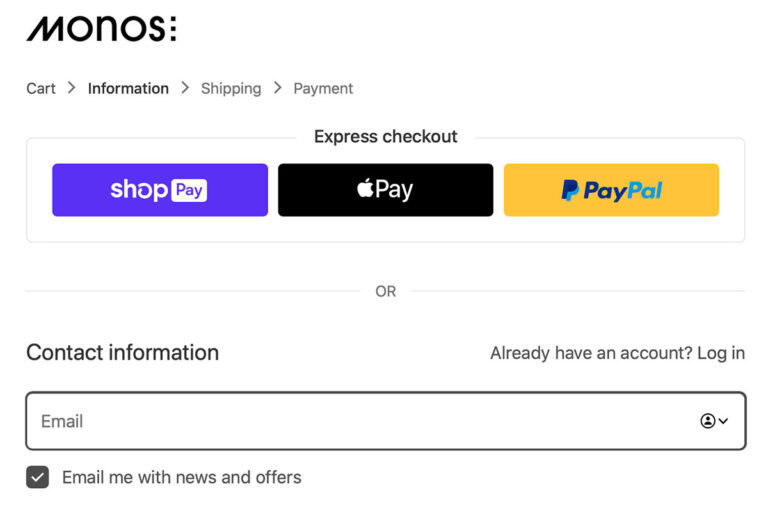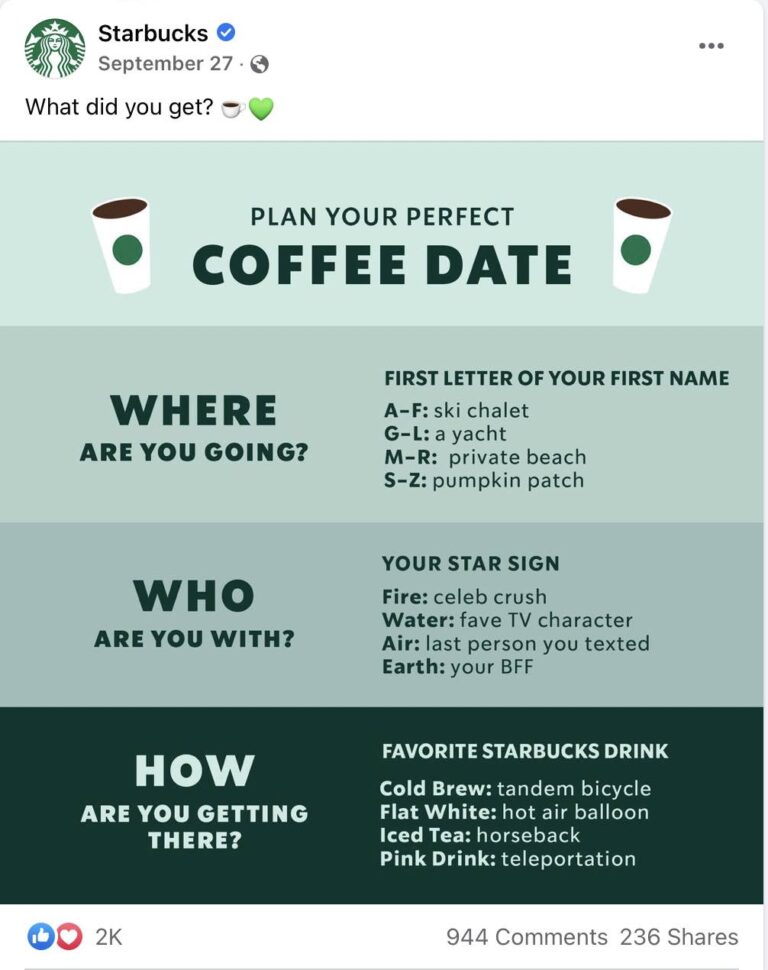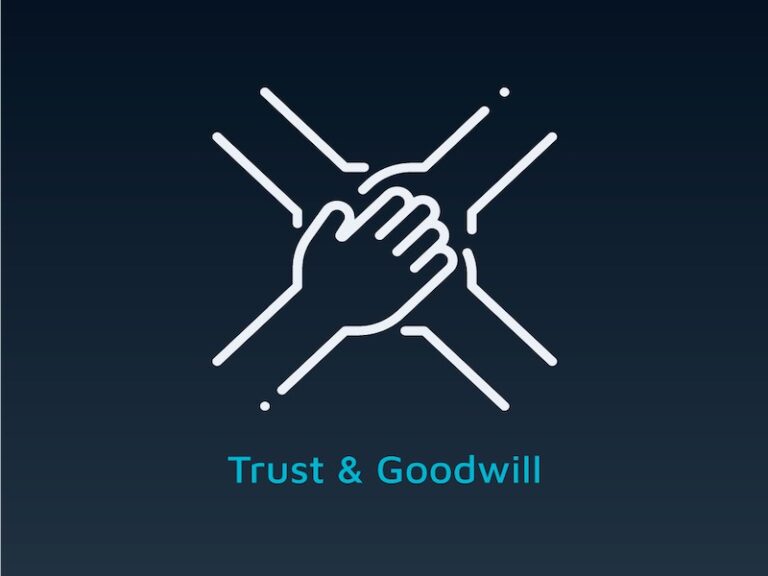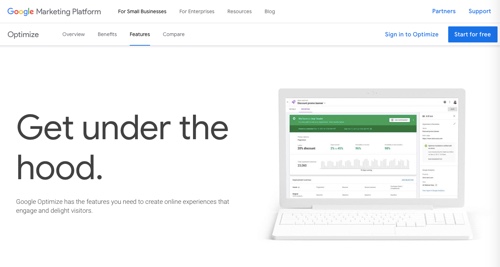
Major brands have turned to content in an effort to stay close to consumers. Early in the pandemic, Nike made its subscription Nike Training Club app free to help those stuck at home stay fit, and it boosted its content production for its Nike and Nike Running Club apps, Nike.com website, TRAINED podcast and social channels.
While individuals interested in elective medical procedures might not be able or willing to proceed with them today, this doesn’t mean their interest has been dented. To the contrary, during the pandemic, many will turn to the internet to research the procedures and potential providers with an eye towards making decisions so that when they can proceed, they can do so without delay.
Even so, the pandemic will eventually ease and as mass vaccinations get underway, there is a light at the end of the tunnel and that light, according to some observers, is a boom time that will see consumers rush to enjoy the pleasures of a normal life.
1. Maintain relationships using content
But even though the doors are closed and the lights are off for some, now is not the time for these businesses to sit back and relax. Smart players are investing in lead generation to fill their pipelines so that when they are ready to see patients again, they have plenty of pent up demand to tap into on Day 1.
That creates an opportunity for providers to connect with potential customers through educational content and to generate leads using this content that will be actionable post-pandemic. Providers are also embracing video conferencing solutions to conduct virtual consultations with highly interested prospects. According to one recent survey, 75% of plastic surgeons in the UK did not do virtual consultations before the pandemic; today, that number has more than flipped.
Brands in many industries, from hospitality to beauty, used a similar playbook to ensure that they didn’t lose their connections to consumers even though their primary channels of interacting with them had been disrupted.
Businesses in all markets should adapt similarly. Even if they can’t deliver their products and services to customers now doesn’t mean that customers have left the funnel. Figure out where these customers are in the funnel in the pandemic world and meet them there.
Anecdotes indicate that the demand will in many cases be significant. “When we opened back up in May, people were beating down the doors to get in,” one Los Angeles plastic surgeon reported.
For example, countless restaurants and bakeries all over the world have logged on to offer cooking and baking tutorials on popular social platforms, including Facebook, Instagram and YouTube.
The Digital Transformation Monthly
American’s expectations are minimal; the company aims to generate ,000 to ,000 in revenue in the first three months — a drop in the bucket for the nation’s second largest carrier. But American isn’t only in it for the money or to get rid of wines that it can’t serve on board flights.
“Though revenue is important, Flagship Cellars is moreso a way of engaging with customers, even when they are not traveling with us,” a spokesperson told CNN. “It also gives them a taste of what you can enjoy in Flagship First or Flagship Business.” In other words, American is using wine to maintain its relationship with travelers while they’re grounded, and to remind them of the premium experiences that await them in the air when they can take flight again.
2. Invest in lead gen now to fill the pipeline
This is good news for businesses that survive, but not every one will be able to capitalize on the coming boom. To do so, businesses need to start laying a foundation now. Here are three of the ways some are doing so.
Some businesses have literally been forced to halt operations due to the pandemic. For example, doctors and clinics offering elective medical procedures, such as plastic surgery and hair transplantation, are still in some areas unable or unwilling to offer their services due to the risks involved.
Customers can purchase wines by the case or as part of a monthly subscription. Members of the airline’s AAdvantage loyalty program will also earn two miles per dollar spent on each Flagship Cellars order.
Wine lovers can purchase wine selected by the airline’s master sommelier for the American Airlines wine program, which is responsible for the wines served on board flights. The selection includes wines that are served to passengers who have purchased American’s “Flagship” luxury seating.
As the Covid-19 pandemic continues into its second year, many businesses are still reeling. From food service and travel to beauty and elective medicine, the novel coronavirus has left few industries unscathed.
For example, Sugarsuckle, a dessert shop located in New Jersey, started selling weekly DIY kits to customers so that they could make delectable desserts in the safety and comfort of their own kitchens. Tivoli Road Bakery, a bakery located in Victoria, Australia, created its own kits so that customers could bake their own organic stoneground sourdough bread.
3. Turn lemons into lemonade, even if it doesn’t make money
The pandemic has caused some airlines to go under or merge, and continues to pose an existential threat to survivors so it might seem strange that one of the largest carriers in the US, American Airlines, just announced the launch of an “at-home wine experience” dubbed Flagship Cellars.
Some have even built entirely new business models. Instead of simply showing customers how to cook and bake, some restaurants and bakeries started selling kits containing all of the ingredients needed to whip up a recipe at home.
Of course, large brands with significant marketing spend were already well-positioned to shift dollars into existing content marketing budgets but even small, local businesses have decided to create content in an effort to stay connected to the customers they in many cases can no longer serve.
That’s a win-win-win that could pay off when normalcy returns.
Content Strategy Best Practice Guide
While selling kits won’t replace all the lost income caused by the pandemic, it can ease some pain, help a food business ensure that customers don’t forget the business, and even give customers a newfound appreciation for what they do.
Travel has been one of the hardest hit industries and airlines in particular have been battered by travel restrictions and border closures that have caused air travel to fall off a cliff. According to the International Civil Aviation Organization, global air travel dropped 60% in 2020, causing airlines to lose a whopping 0bn.






